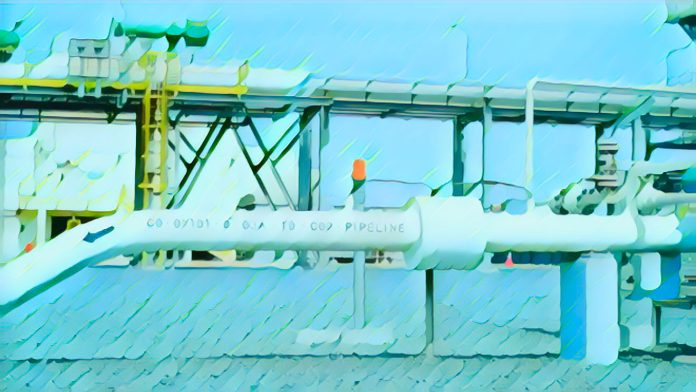Nigeria stands at the crossroads of an economic and environmental conundrum, losing billions of dollars in revenue while wreaking havoc on its environment through rampant gas flaring, warns the Nigerian Oil Spill Detection and Response Agency (NOSDRA). Over the decade from 2011 to 2021, the nation recklessly flared over 4.2 billion standard cubic feet of gas, translating into a staggering loss of more than $14.6 billion. Added to this fiscal hemorrhage is an $8.3 billion penalty for the environmental transgressions, culminating in a jaw-dropping total of $22.9 billion.
Gas flaring, the incineration of excess gas accompanying crude oil production, has become a distressing norm in Nigeria due to inadequate infrastructure and an underdeveloped gas market. However, this practice exacts a dire toll, contributing to climate change, air pollution, acid rain, and a plethora of health issues in the nearby communities.
Nigeria, a heavyweight in African oil production, paradoxically ranks among the world’s most prolific gas flarers. In 2020, according to the World Bank’s Global Gas Flaring Reduction Partnership (GGFR), Nigeria flared approximately 7.8 billion cubic meters of gas, securing the sixth position globally, trailing only Russia, Iraq, Iran, the US, and Venezuela. Alarming estimates from the World Bank reveal that worldwide gas flaring annually emits over 400 million tons of carbon dioxide, equivalent to the emissions of around 77 million cars.
The GGFR ambitiously aspires to cease routine gas flaring by 2030, aligning with the United Nations Sustainable Development Goals and the Paris Agreement on climate change. It champions the productive utilization of gas for purposes such as power generation, heating, cooking, and fertilizer production.
Nigeria, in consonance with this global vision, has committed to ending routine gas flaring by 2025. The country has devised a comprehensive strategy encompassing the National Gas Policy and the National Gas Flare Commercialisation Programme, aiming to galvanize gas utilization and monetization. These concerted efforts are anticipated not only to bolster Nigeria’s revenue streams and energy security but also to rehabilitate the environment and uplift the livelihoods of millions residing near oil fields.
Idris Musa Adeshida, Director-General of NOSDRA, underscores the imperative need for proper gas monetization in Nigeria, recognizing it as a valuable resource with diverse applications, from powering industries to meeting domestic energy needs. He also affirms the government’s commitment to collaborating with other stakeholders to curtail gas flaring and enforce stringent environmental standards.
Among the key players is the Revenue Mobilisation Allocation and Fiscal Commission (RMAFC), entrusted with overseeing revenue distribution from natural resources. Chairman Mohammed Shehu emphasizes the pivotal role of the gas sector in augmenting revenue in line with the government’s mandate. He urges all relevant stakeholders to strategize on harnessing gas flares for economic growth and revenue enhancement.
The Nigerian Upstream Petroleum Regulatory Commission (NUPRC), entrusted with regulating the upstream oil and gas sector, is equally fervent in pursuing gas flaring management aligned with global best practices. Babajide Fashino, Director of Economic Regulation and Strategic Planning at NUPRC, highlights the introduction of metering systems and calibration to ensure precise gas management records. This technological leap has significantly curtailed gas flaring, reducing it from 40 percent to a mere 7 percent in Nigeria.
In confronting this complex challenge, Nigeria seeks to reconcile economic growth with environmental responsibility, underscoring the importance of prudent resource management on both fronts.
Source: Business Day



